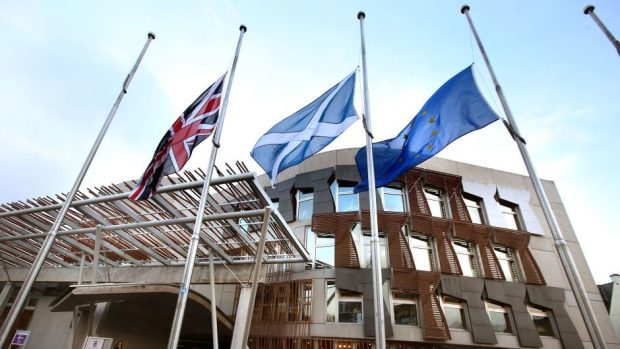The Scotland’s Place in Europe paper sets out the Scottish Government’s strategy in three key areas:
Keeping the UK in the European single market and the customs union
The Scottish Government says its aim is to influence the overall UK position so that the UK as a whole remains in the European single market through the European Economic Area (EEA) agreement and the EU customs union, a position Scottish ministers believe is “both feasible and desirable”.
Differentiated solutions for Scotland
In the event that the UK Government chooses to leave the EU customs union and single market, the paper explores how Scotland could remain within the EEA and the European single market.
It notes the existing “range of differentiated arrangements within the EU and single market framework” highlighting the Faroe Islands, Liechtenstein and Switzerland as examples.
Under the option put forward, Scotland would remain part of the EEA, continuing to participate in the single market and upholding the “four freedoms” as part of its law. This could be achieved through a Norway-style arrangement, with Scotland becoming a full or associate member of EFTA and thereafter party to the EFTA EEA agreement.
Further devolution to the Scottish Parliament
The Scottish Government says there should be no attempt by Westminster to reserve issues such as agriculture, fisheries, education, health, justice and environmental protection which would no longer be subject to EU law post-Brexit.
Ministers argue that matters which would no longer be subject to EU law such as employment law and health and safety legislation should also be devolved to the Scottish Parliament.
The paper argues that Scotland will need a range of additional powers to pursue a differentiated relationship with the EU, including over of import and export control, immigration, competition, product standards and intellectual property and company law and insolvency.
